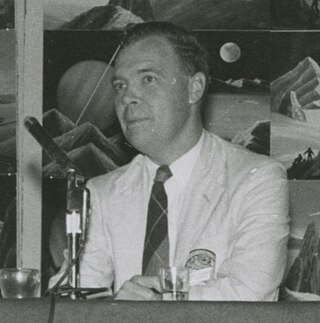
Harry Clement Stubbs, better known by the pen name Hal Clement, was an American science fiction writer and a leader of the hard science fiction subgenre. He also painted astronomically oriented artworks under the name George Richard.

Guy Gavriel Kay is a Canadian writer of fantasy fiction. The majority of his novels take place in fictional settings that resemble real places during real historical periods, such as Constantinople during the reign of Justinian I or Spain during the time of El Cid. Kay has expressed a preference to avoid genre categorization of these works as historical fantasy. As of 2022, Kay has published 15 novels and a book of poetry. As of 2018, his fiction has been translated into at least 22 languages. Kay is also a qualified lawyer in Canada.

Michael Swanwick is an American fantasy and science fiction author who began publishing in the early 1980s.
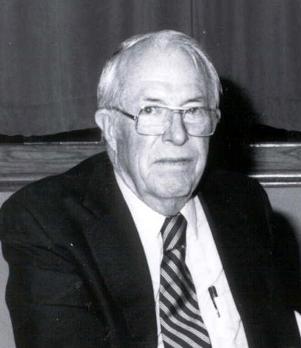
John Stewart Williamson, who wrote as Jack Williamson, was an American science fiction writer, often called the "Dean of Science Fiction". He is also credited with one of the first uses of the term genetic engineering. Early in his career he sometimes used the pseudonyms Will Stewart and Nils O. Sonderlund.
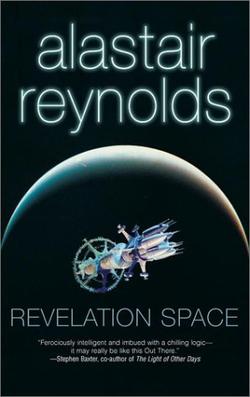
Revelation Space is a 2000 science fiction novel by Welsh author Alastair Reynolds. It was the first novel set in Reynolds's eponymous universe. The novel reflects Reynolds's professional background: he has a PhD in astronomy and worked for many years for the European Space Agency. It was short listed for the 2000 BSFA and Arthur C. Clarke Awards.
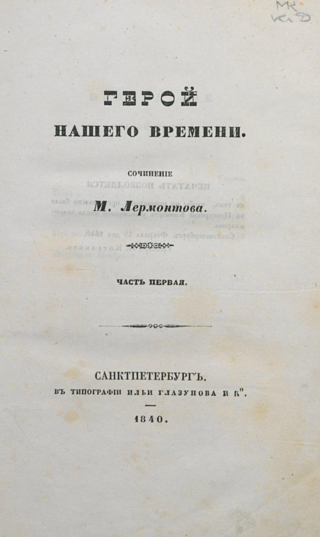
A Hero of Our Time is a novel by Mikhail Lermontov, written in 1839, published in 1840, and revised in 1841.
Sara Warneke, better known by her pen name Sara Douglass, was an Australian fantasy writer who lived in Hobart, Tasmania. She was a recipient of the Aurealis Award for best fantasy novel.

Peter Watts is a Canadian science fiction author. He specializes in hard science fiction. He earned a Ph.D from the University of British Columbia in Vancouver, British Columbia in 1991, from the Department of Zoology and Resource Ecology. He went on to hold several academic research and teaching positions, and worked as a marine-mammal biologist. He began publishing fiction around the time he finished graduate school.

Matthew Hughes is a Canadian author who writes science fiction under the name Matthew Hughes, crime fiction as Matt Hughes and media tie-ins as Hugh Matthews. Prior to his work in fiction, he was a freelance speechwriter. Hughes has written over twenty novels and he is also a prolific author of short fiction whose work has appeared in The Magazine of Fantasy & Science Fiction, Asimov's Science Fiction, Alfred Hitchcock's Mystery Magazine, Lightspeed, Postscripts, Interzone and original anthologies edited by George R. R. Martin and Gardner Dozois. In 2020 he was inducted into the Canadian SF and Fantasy Association Hall of Fame.

A science fiction magazine is a publication that offers primarily science fiction, either in a hard-copy periodical format or on the Internet. Science fiction magazines traditionally featured speculative fiction in short story, novelette, novella or novel form, a format that continues into the present day. Many also contain editorials, book reviews or articles, and some also include stories in the fantasy and horror genres.

Jonathan Strahan is an editor and publisher of science fiction, fantasy, and horror. His family moved to Perth, Western Australia in 1968, and he graduated from the University of Western Australia with a Bachelor of Arts in 1986.

Sarah Bear Elizabeth Wishnevsky is an American author who works primarily in speculative fiction genres, writing under the name Elizabeth Bear. She won the 2005 John W. Campbell Award for Best New Writer, the 2008 Hugo Award for Best Short Story for "Tideline", and the 2009 Hugo Award for Best Novelette for "Shoggoths in Bloom". She is one of a small number of writers who have gone on to win multiple Hugo Awards for fiction after winning the John W. Campbell Award for Best New Writer.
Stephen Dedman is an Australian author of dark fantasy and science fiction stories and novels.

Lavie Tidhar is an Israeli-born writer, working across multiple genres. He has lived in the United Kingdom and South Africa for long periods of time, as well as Laos and Vanuatu. As of 2013, Tidhar lives in London. His novel Osama won the 2012 World Fantasy Award for Best Novel, beating Stephen King's 11/22/63 and George R. R. Martin's A Dance with Dragons. His novel A Man Lies Dreaming won the £5000 Jerwood Fiction Uncovered Prize, for Best British Fiction, in 2015. He won the John W. Campbell Memorial Award for Best Science Fiction Novel in 2017, for Central Station.
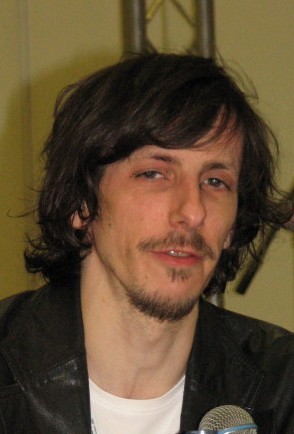
Hal Duncan is a Scottish science fiction and fantasy writer.
Bruce McAllister is an American author of fantasy, science fiction, poetry, and non-fiction. He is known primarily for his short fiction. Over the years his short stories have been published in the major fantasy and science fiction magazines, theme anthologies, college readers, and "year's best" anthologies, including Best American Short Stories 2007, guest-edited by Stephen King.
"A Fine Magic" is a 2006 fantasy short story by American writer Margo Lanagan.

Ink: The Book of All Hours 2 is a speculative fiction novel by Hal Duncan.
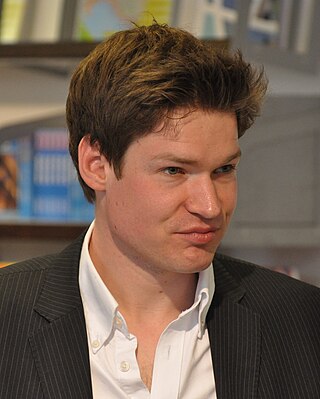
Hannu Rajaniemi is a Finnish American author of science fiction and fantasy, who writes in both English and Finnish. He lives in Oakland, California, and was a founding director of a commercial research organisation ThinkTank Maths.

The following outline is provided as an overview of and topical guide to science fiction:















